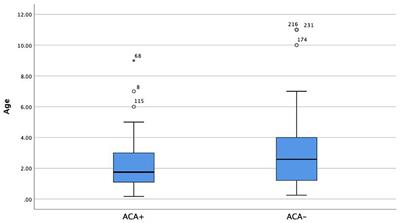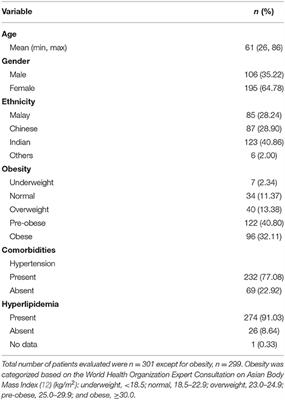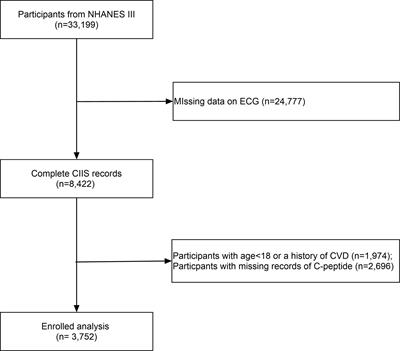EDITORIAL
Published on 25 Apr 2022
Editorial: Relationship Between Cardiovascular Disease and Other Chronic Conditions

doi 10.3389/fcvm.2022.875551
- 1,657 views
- 4 citations
48k
Total downloads
190k
Total views and downloads
Select the journal/section where you want your idea to be submitted:
EDITORIAL
Published on 25 Apr 2022

ORIGINAL RESEARCH
Published on 20 Jan 2022

ORIGINAL RESEARCH
Published on 13 Jan 2022

REVIEW
Published on 09 Dec 2021

ORIGINAL RESEARCH
Published on 04 Oct 2021

ORIGINAL RESEARCH
Published on 30 Sep 2021

ORIGINAL RESEARCH
Published on 27 Sep 2021

ORIGINAL RESEARCH
Published on 09 Sep 2021

ORIGINAL RESEARCH
Published on 13 Aug 2021

ORIGINAL RESEARCH
Published on 12 Aug 2021

CASE REPORT
Published on 30 Jul 2021

SYSTEMATIC REVIEW
Published on 07 Jul 2021


Frontiers in Endocrinology
Frontiers in Medicine
Frontiers in Pediatrics
Frontiers in Public Health
Family Medicine and Primary CareOffline